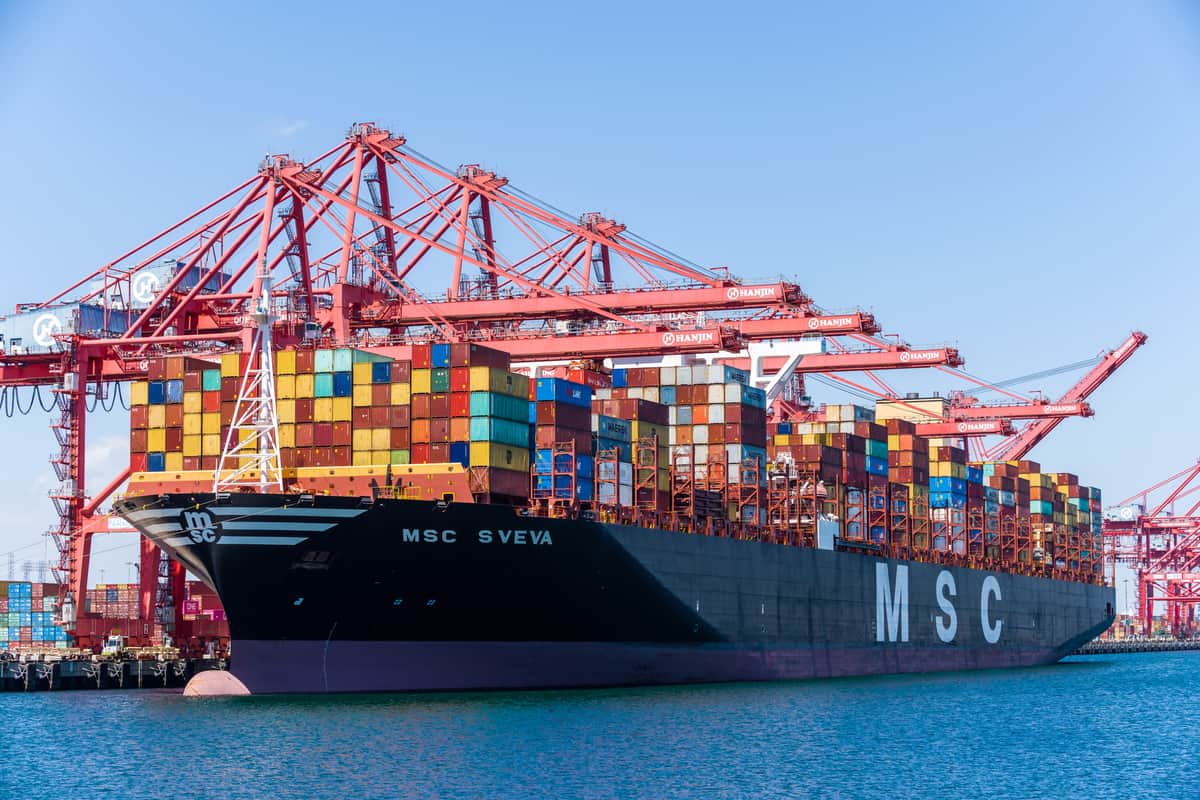DP World volumes decrease, portfolio increases
“This outperformance once again demonstrates that we are in the right locations, and a focus on origin and destination cargo will continue to deliver the right balance between growth and resilience,” Sultan Ahmed Bin Sulayem says.












































































































